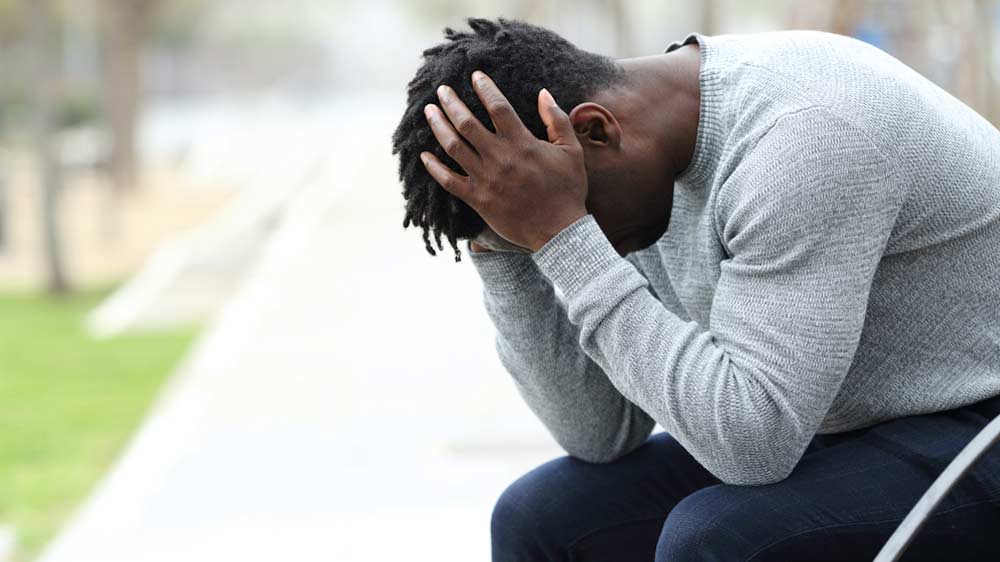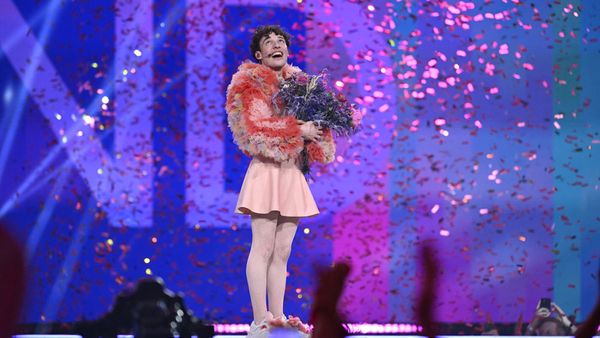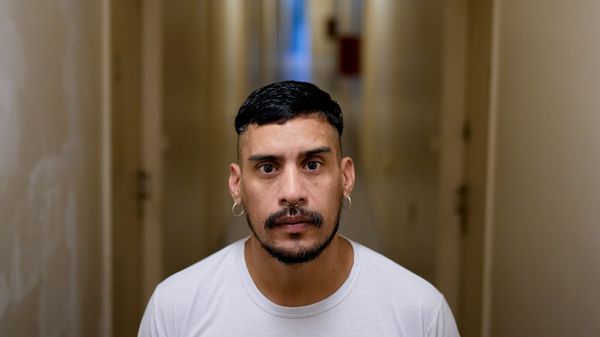December 10, 2011
International Gay and Lesbian Leadership Conference Draws Hundreds to Houston
Eric Miller READ TIME: 4 MIN.
Troy, Mich., Mayor Janice Daniels apologized earlier this week for anti-gay comments that she posted on her Facebook page. An incident like this may have gone unnoticed less than a decade ago, but it drew national attention after the Detroit Free-Press referred to it as "unacceptable prejudice" in an editorial that called for her resignation.
Observers agree it's a sign of a changed political landscape for the LGBT community and its candidates for public office.
"It's much harder to be publicly homophobic whether it's in education, entertainment or any major profession, it's simply not acceptable anymore, just as it isn't acceptable to be racist or anti-Semitic," said Dr. Dana Beyer, who attended and presented at the International Gay and Lesbian Leadership Conference held in Houston last weekend. She is the executive director of Gender Rights Maryland, and led a workshop called Trans 101, Being a Better Ally at the conference that the Victory Fund sponsored.
Many out officials traveled to Houston for the event-Mayor Annise Parker has attended the conference several times over the years. And while the number of out officials and candidates has grown continuously, the purpose of the conference has evolved.
"In the early years, it was about a small group of elected and appointed officials supporting each other in a world that viewed us negatively," Parker told EDGE. "It is still a support system, but over time, it has become much more. It is now also a place to network and learn from each other so that we can become better at what we do."
Denis Dison, vice president of communications at the Victory Fund, said the Houston gathering was the largest conference to date in terms of the number of panels and workshops. The organization's work is reflected in the roughly 500 elected LGBT officials and an additional 100 appointees across the country.
"That number has gone up year after year," said Dison. "At our founding in 1991 there were fewer than 50."
In addition to training and endorsing candidates, the Victory Fund has a program to help closeted officials come out.
In terms of numbers of elected LGBT officials, Texas is no laggard and may be a particularly strong success story in the South. The state is home to Parker, the first LGBT mayor of a major city, as well as other city and county officials in the state. Frisco, Little Elm, Pearland and several other smaller communities have also elected LGBT candidates.
Beyer credited the success electing more LGBT candidates to a focus on issues important to all voters. In fact she said, elected LGBT officials have become rather commonplace.
"If you are the kind of person who can make your neighbors feel you are one of them and that you will serve them well, I really don't think they will care much," said Beyer. "That's the way the Victory Fund trains you-you're not running because you are gay. People don't like voting for people because of who you are, they vote because of what you can do."
Beyer stressed the importance of out officials bringing value to a community.
"If you do, people will overlook your difference and after while find it interesting, because you provide value," she said.
While the conditions have improved in regards to the environment for gay and lesbian political hopeful, there are still strides to be made in terms of transgender candidates. Beyer has run unsuccessfully for office, but confides the local Democratic Party and the way incumbents treat any kind of challenger was more of a barrier than her gender identity and expression.
"The transphobia is a convenient excuse for people, but I don't see it as that much of a barrier," she said. "It's not as if there are 100 trans candidates and nobody wins. Last year, running for state Legislature, there were only two of us. The numbers make it hard to win."
While gays and lesbians make up an estimated 3.5 percent of the population, trans people may comprise only .3 percent of Americans. Moreover, Beyer said many trans people don't feel comfortable enough to make the public leap into politics.
"It's not about who you are," she said. "It's about knowing the community."
Is the U.S. Ready for an LGBT President?
The long battle for representation may have begun in the 1970s with San Francisco Supervisor Harvey Milk, and could eventually result in an LGBT president. Most agree, however, that's a long a way off.
Before there is a chance for a presidential candidate, strides need to be made to elect governors, senators and other officials who usually run for president. The closest may be Wisconsin Congresswoman Tammy Baldwin, who is currently running for the U.S. Senate.
More come to the conference each year with plans to enter the political arena. And being elected is more and more about being a good candidate than about being someone who is LGBT.
"Harvey Milk talked about this mission and told people we need to elect our own to public office to gain a measure of respect from our straight allies," said Dison. "That's the reason we do the work we do. To make sure our voice is heard in government and be able to influence straight people who we are working within state legislatures and city councils and allow them to see the community as who we really are-- as people concerned about their families, their kids, schools, potholes and garbage collection."
Next year's conference will take place in Long Beach, Calif., which has two LGBT city council members.
Eric Miller is a freelance writer and public relations professional based in Dallas. Eric is also publisher of www.newcolonist.com and co-creator of www.calendarofantiques.com. Eric has a Graduate Certificate in Public Relations from NYU, a Masters in Urban Studies from the University of Akron and is author of a chapter on Ayn Rand's life in New York in the book Literary Trips: Following in the Footsteps of Fame. He lives with his partner and four cats. Follow Eric on twitter @ericwmiller.




